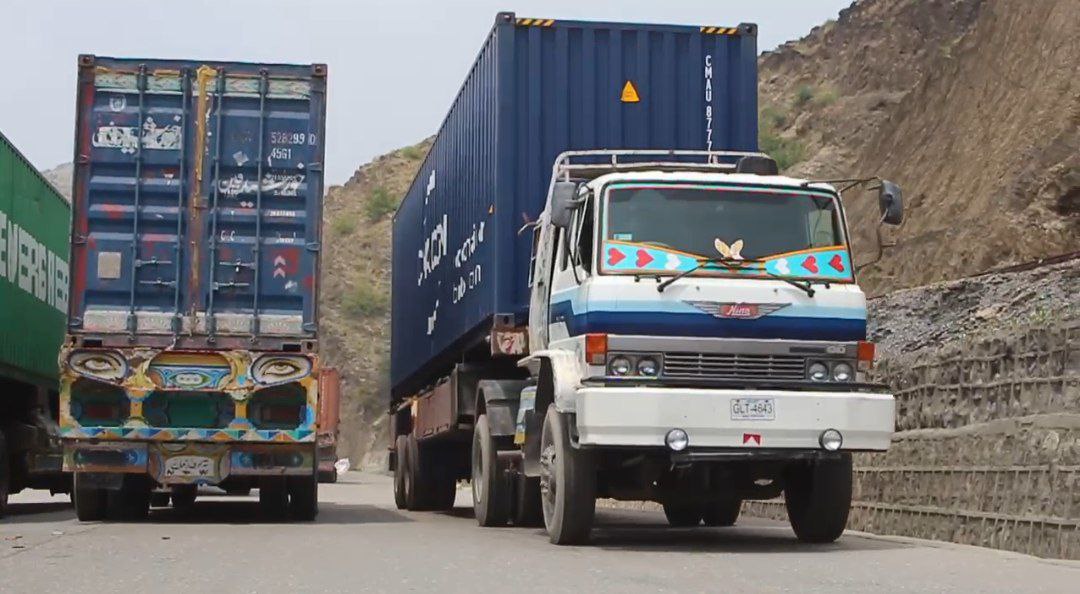ISLAMABAD, Pakistan — The volume of goods transported under the Afghan Transit Trade (ATT) program has dropped sharply, falling by 66 percent during the first eight months of the current fiscal year, according to official data reported by Pakistani media. The decline is largely attributed to Pakistan’s intensified anti-smuggling measures and restrictions on imports.
Between July and February of the 2024–25 fiscal year, the value of transit trade fell from $2.24 billion during the same period last year to $754 million — a $1.49 billion decrease, according to sources cited by The Nation newspaper.
The steepest decline was observed in forward cargo — goods imported into Afghanistan through Pakistan — which dropped by 67 percent, from $2.2 billion to $729 million. Reverse cargo, which includes goods exported from Afghanistan via Pakistan, decreased by 46 percent, from $46 million to $25 million.
The downturn continued in February 2025, with a year-on-year decline of 7 percent, falling from $82 million in February 2024 to $77 million. Imports declined by 6 percent, and exports by 9 percent over the same period.
While the rate of decline appears to have slowed slightly in February, the cumulative figures for the fiscal year still reflect a major contraction in transit activity. From July to January, the drop was as high as 69 percent.
This marks the second consecutive year of significant losses in trade volume. In the 2023–24 fiscal year, ATT volume fell by 59 percent — from $7.1 billion in 2022–23 to $2.89 billion.
The Pakistani government has tightened enforcement at its border crossings with Afghanistan, particularly at Torkham and Chaman, in response to what officials describe as a surge in smuggling activities and unauthorized trade. Afghan officials and traders have raised concerns that legitimate commerce is being disproportionately affected, with ripple effects for both countries’ fragile economies.
The ATT has long been a vital economic lifeline for landlocked Afghanistan, providing access to global markets through Pakistani ports. However, recent political tensions and trade restrictions have strained the decades-old arrangement.




